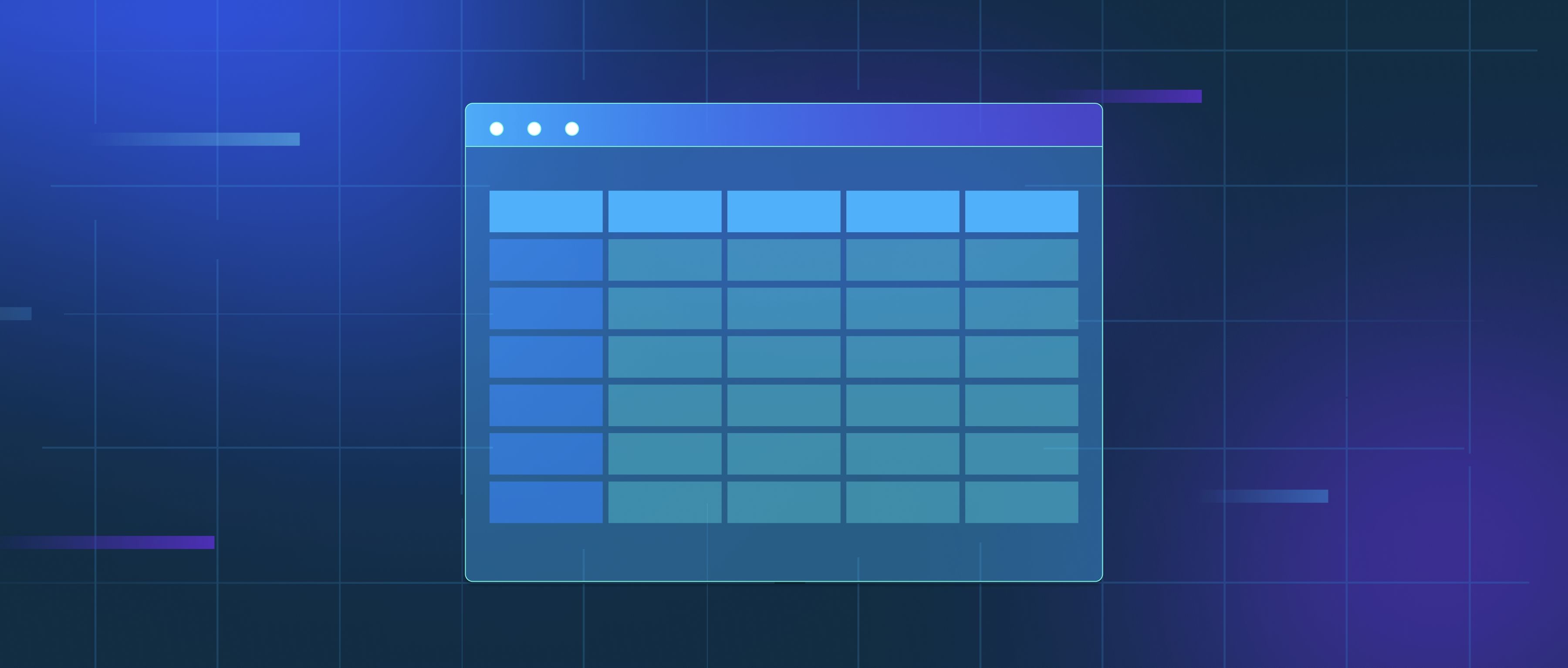Experience replay is a technique used to enhance the performance of Q-learning by storing and reusing past experiences to improve the learning process. In traditional Q-learning, the agent learns from the most recent experiences, which can lead to inefficient training and increased variance in the learning updates. Experience replay addresses this by creating a replay memory that holds a collection of past state-action-reward transitions. When updating the Q-values, the agent randomly samples from this memory, allowing it to learn from a more diverse set of experiences rather than just the most recent ones.
One significant benefit of experience replay is that it helps to break the correlation between consecutive learning samples. In standard Q-learning, the data collected from the environment can be highly correlated, resulting in unstable learning and slow convergence. By using experience replay, the agent can sample experiences that are spread out over time, which makes the updates more representative of the overall state-action space. For example, if an agent is navigating a maze, it can learn from multiple past paths taken, improving its understanding of effective and ineffective actions in various situations.
Moreover, experience replay allows the agent to utilize valuable past experiences multiple times. This is particularly important in environments where obtaining new data is costly or time-consuming. For instance, if an agent has learned a successful strategy from a previous episode but is now facing a different context, it can re-sample that experience and adapt its strategy without needing to recreate the exact situation. This reusability accelerates learning and enhances the agent's ability to adapt when faced with similar challenges in the future. Overall, experience replay fosters efficient learning in Q-learning by promoting better sample diversity, reducing correlations, and allowing for the reuse of past experiences.
